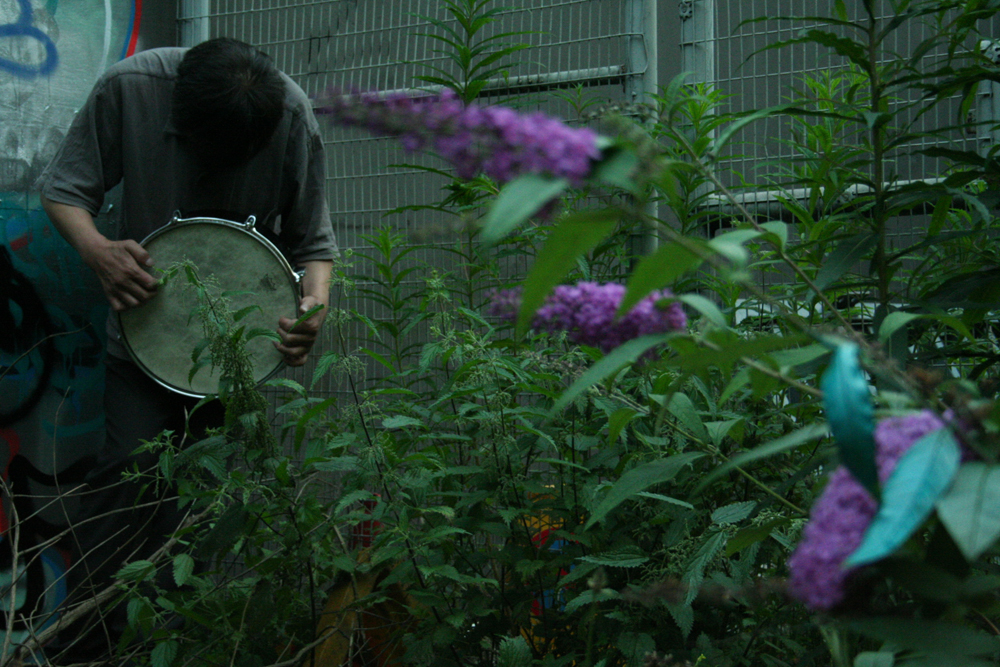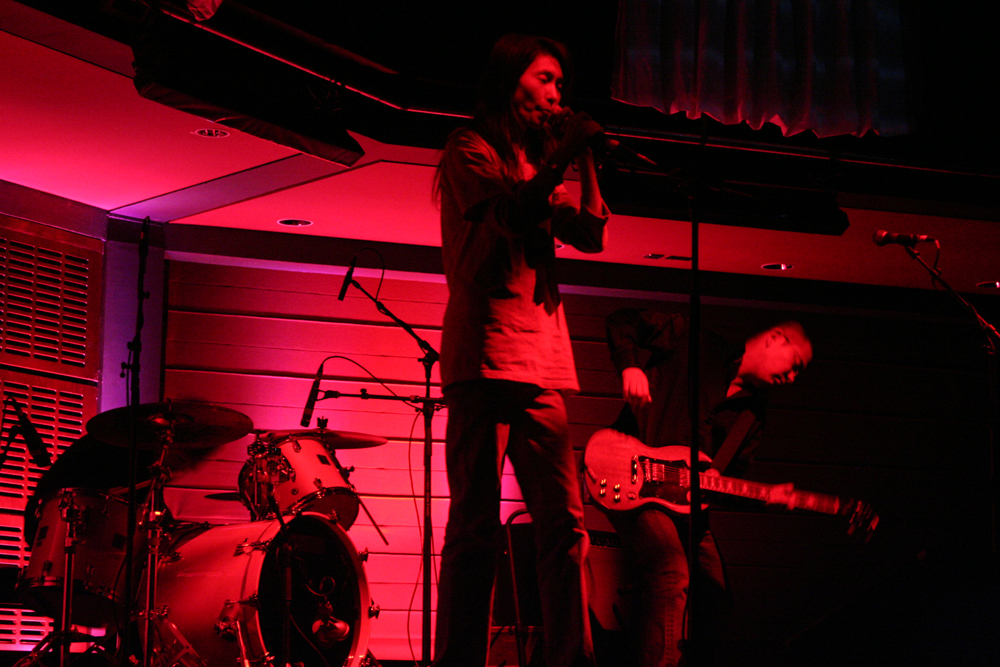
Captive Genders – Criminalisation
Che Gossett English Collective of Prostitutes Eric A Stanley Scot-Pep/ Umbrella Lane Tourmaline
What is happening when systems of repression try to grasp communities’ ways of being, living or surviving, applying laws of sexuality, gender or race to cast them as criminal?











